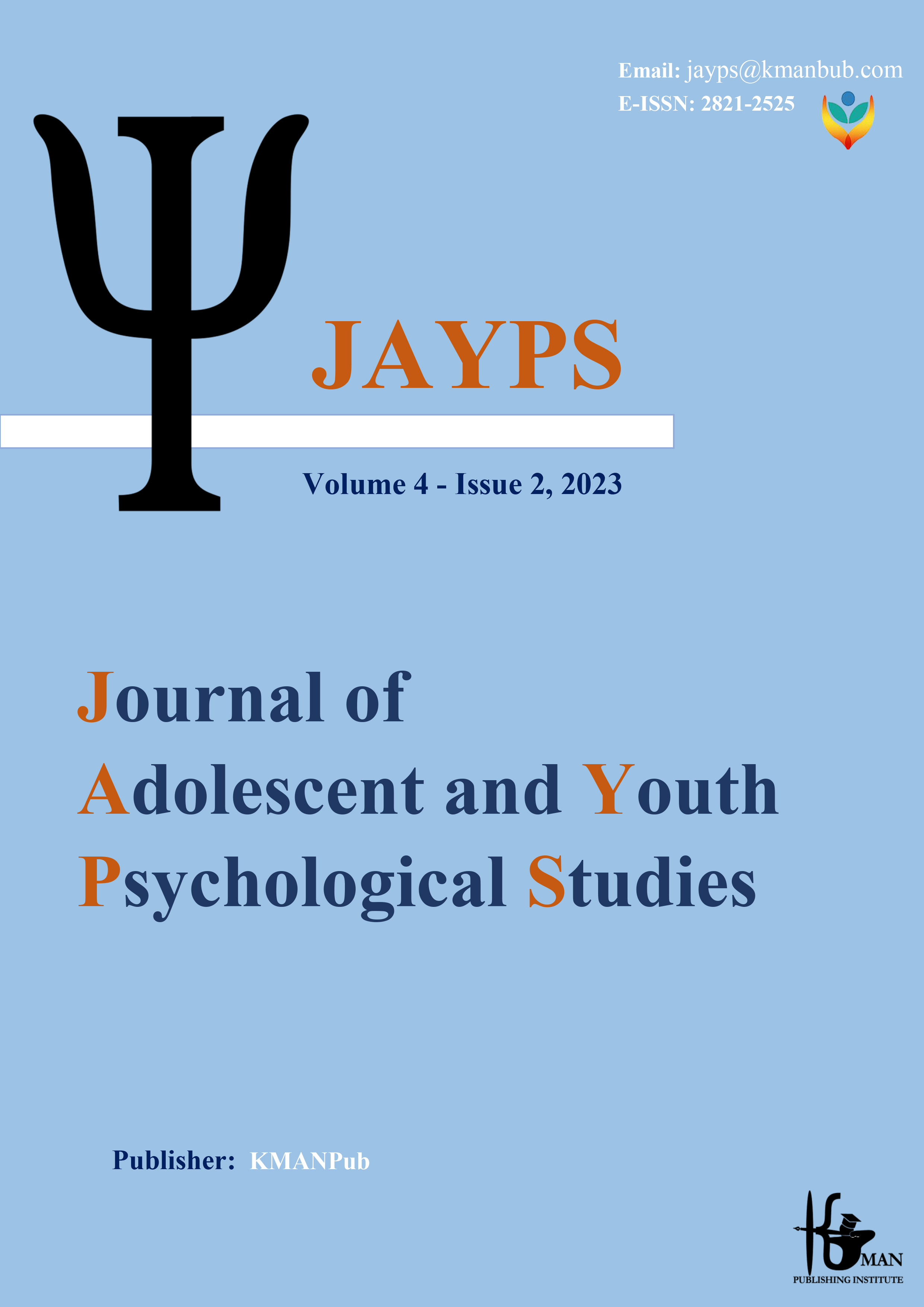Comparing the effectiveness of parent-child interaction training, attachment-based therapy and Self-regulation skill training on children's emotion control
Keywords:
Self-regulation skill training, attachment-based therapy, parent-child therapy, emotion control.Abstract
Background and Aim: The purpose of the present study was to compare the effectiveness of parent-child interaction training, attachment-based therapy, and Self-regulation skill training on emotional control of preschool children. Methods: This research was carried out in the form of a semi-experimental design on 48 preschool students of Islam Shahr city with available sampling method and these people were randomly replaced in three experimental groups (n=36) and a control group (n=12). Then, the experimental groups underwent parent-child interaction training, attachment-based therapy, and Self-regulation skill training, and the control group did not receive any training. The data collection tool was the child's emotion management questionnaire (Ziman et al., 2001), which was administered before and after the training. Descriptive tables and statistical methods of one-way analysis of variance with differential scores, multivariate covariance analysis and Bonferroni adjustment test were used to describe and analyze the collected data. Results: The results show that, in the comparison between the effectiveness of each of the experimental groups on reducing the differential score of emotional control of preschool children, the results of the effect size showed, respectively, the parent-child interaction training groups (ƞ2=0.681), the treatment based on Attachment (0.630=2ƞ) and Self-regulation skill (ƞ2=0.408) had the highest impact on reducing differential scores of emotional control of preschool children. Conclusion: Therefore, paying attention to the mentioned variables helps senior managers and researchers in choosing managers and designing more suitable for cultivating wisdom.
Downloads
Downloads
Published
Submitted
Revised
Accepted
Issue
Section
License

This work is licensed under a Creative Commons Attribution-NonCommercial 4.0 International License.









